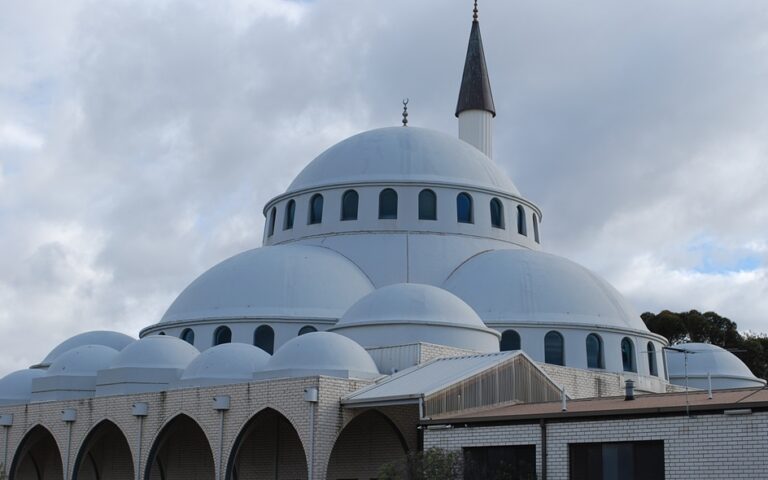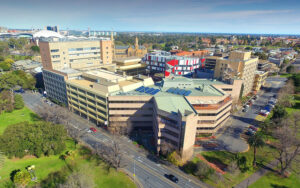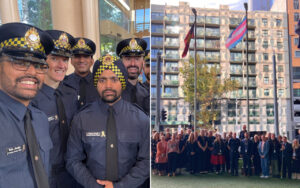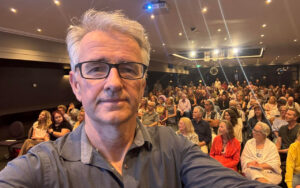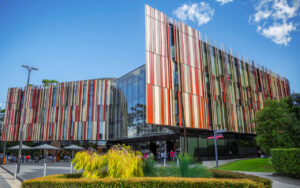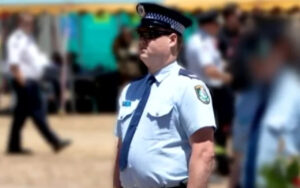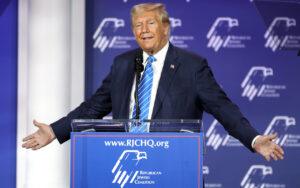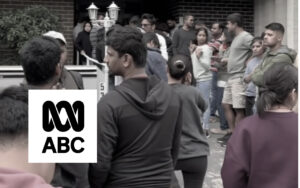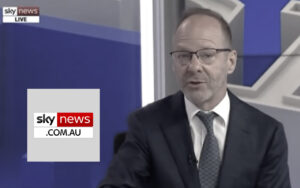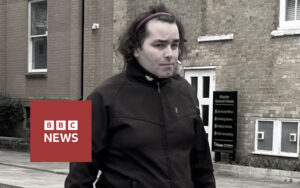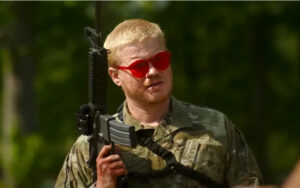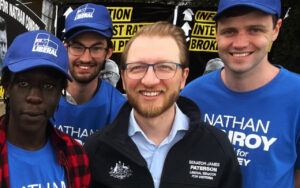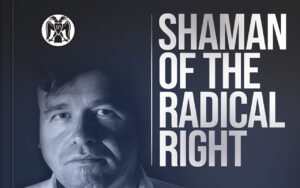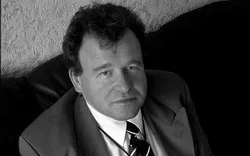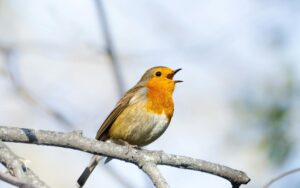Michelle Grattan, University of Canberra
The advocacy group Muslim Votes Matter has put together a high-profile speakers list to launch its national campaign in Melbourne on Sunday, which is aimed at leveraging its influence for the federal election.
The group, formed earlier this year, is committed “to promoting political engagement and amplifying the voice of Australian Muslims”.
It does not intend to run candidates itself but will support those that align with its values and priorities.
Group spokesman Naser Alziyadat, a former lecturer and research fellow at Murdoch University, claimed that across Australia, there were more than 20 seats where Muslims could have the deciding vote.
“In the last 25 years, no federal government has been elected by more than a 15-seat margin. This positions us strategically to support candidates who prioritise our issues and challenge those who neglect our community,” he said.
At the Broadmeadows Town Hall launch, speakers will cover subjects ranging from conditions in Gaza, to the recent wins by Muslim candidates in the United Kingdom election, and the prospects of a hung parliament.
Wajid Akhter, a medical doctor working in the UK and a former assistant secretary general of the Muslim Council of Britain, representing The Muslim Vote UK, will “share the British election learnings with the Australian Muslim community to inform strategy and success”.
Bushra Othman, a surgeon from the Palestinian Australian New Zealand Medical Association (PANZMA) who did a three week medical mission in Gaza, will give her first-hand account of the situation there.
Nail Aykan, a former head of the Islamic Council of Victoria, from Muslim Voices of Calwell, will talk on the topic “Towards a Hung Parliament – there are no more safe seats”.
Among other speakers are Maha Abdo, CEO of Muslim Women Australia, Muahmmad Jalal, host of The Thinking Muslim podcast, and Umber Rind, a community health and anti-racism advocate who is a Yamatji Badimaya woman of Balouch cameleer ancestry.
Alziyadat said Muslim Votes Matter was “a beacon of cultural, linguistic, and professional diversity”. Its volunteers represented more than 20 different ethnic and cultural groups.
“Many of our volunteers are not Muslim, showcasing the inclusive and broad vision of our movement,” he said.
“As an independent, grassroots organisation, unaffiliated with any political party, our movement is dedicated to empowering the Australian Muslim and minority community to amplify our political voice.”
The Muslim community was the largest and one of the fastest-growing minority groups in Australia.
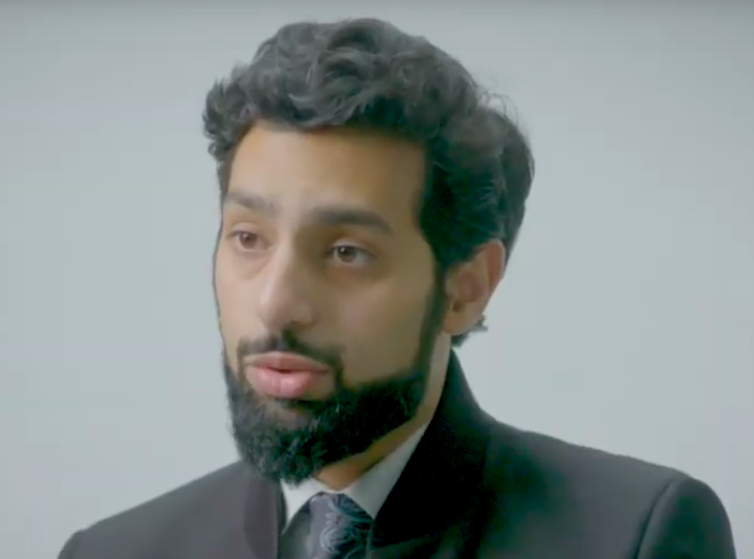
“Our collective voting bloc holds significant potential,” he said.
“MVM’s primary objective is to build strong partnerships with diverse community stakeholders to enhance political engagement and share resources.
“This effort will involve engaging the community through forums, workshops, campaigns, and digital platforms to encourage greater political participation and ensure representation at all levels of government.”
MVM national representative Ghaith Krayem said what had happened in Palestine in the last 10 months was “beyond reprehensible and we will not stop until the victims and all Palestinians receive the justice they so truly deserve.
“Part of that justice means holding our leaders accountable for their role in the plausible genocide unfolding in Gaza.”
Scott Morrison questions ASIO chief’s Hamas comment
Former prime minister Scott Morrison has questioned the comment by ASIO chief Mike Burgess that “rhetorical” support for Hamas would not be a problem for the security organisation.
Asked recently on the ABC if it was a problem for ASIO if a person had expressed any support or sympathy for Hamas, Burgess said: “If it’s just rhetorical support, and they don’t have an ideology or support for a violent extremism ideology, then that’s not a problem. If they have a support for that ideology, that will be a problem.”
In a Sky interview on Monday Morrison, who praised Burgess as an “outstanding” public servant, said he found the comment inexplicable.
He had worked with Burgess over a long period and many in different roles. He found the comment “completely inconsistent with what I would hear regularly from him over a long period of time.”
“The idea that any sympathy with Hamas, rhetorical or otherwise, somehow could be overlooked and you could get a leave pass to live long term in Australia – I can’t imagine that,” Morrison said, drawing a comparison with support for Stalinist purges or sympathy with Nazism.
Michelle Grattan, Professorial Fellow, University of Canberra
This article is republished from The Conversation under a Creative Commons license. Read the original article.
